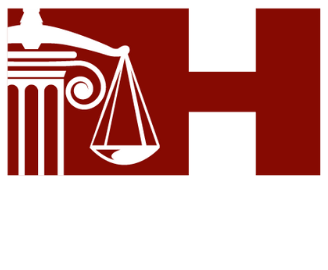The role of life expectancy calculations in wrongful death claims
Life is unpredictable. Passing away is a given. But it’s crushing when a family member passes away. It becomes frustrating when it’s cut short due to someone else’s negligence on the operating table. That fact can leave families in turmoil.
This is when wrongful death claims come into play. In these cases, courts use life expectancy to decide compensation for families.
How it fits into two types of claims
When a wrongful death occurs in Georgia due to medical malpractice, certain parties—such as the surviving spouse, children, parents or the administrator of the deceased’s estate—can bring forward two types of claims: the “full value of life” claim and the “estate” claim.
For the “full value of life” claim, the court uses the deceased’s life expectancy. This involves evaluating both the tangible (lost income, benefits, etc.) and intangible aspects (companionship, care, etc.). Intangible elements, though more difficult to measure, are just as essential.
On the other hand, the “estate” claim covers things like the losses directly relating to the death, such as medical expenses, funeral costs and the pain and suffering of the deceased. Life expectancy can play a role here, too, as it can affect calculations for future losses.
In short, the life expectancy calculation is crucial in determining potential compensation in wrongful death cases.
Dealing with the end
No amount of money can replace a loved one. But, at the very least, these compensation claims can give surviving family members much-needed financial help and relief. They can feel a sense of justice, even. When these claims are brought forward, it gives the families a chance to seek accountability and closure. Families coping with grief face not just financial stress but also legal challenges. These challenges include understanding life expectancy calculations and navigating the court system.
Those going through such a situation should consider seeking an attorney. Grieving while seeking justice is tough. But with a legal professional, those seeking justice can find them.











